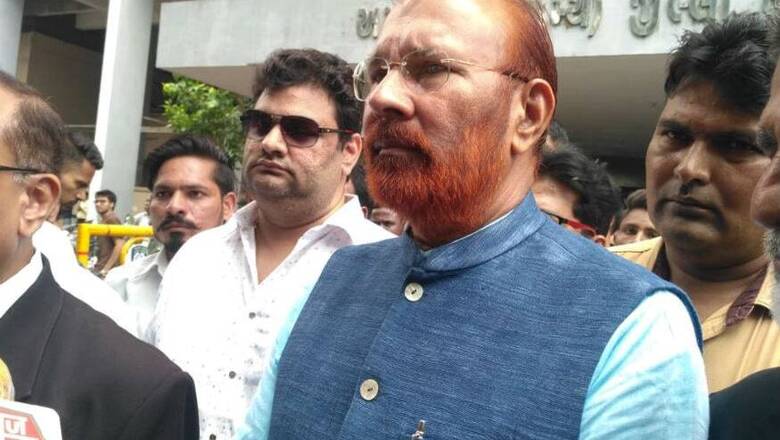
views
Ahmedabad: It was a mixed bag for retired Gujarat cops DG Vanzara and NK Amin on Tuesday as a special CBI court rejected their applications seeking discharge in the Ishrat Jahan encounter case, but raised the question about why the CBI did not seek sanction of the state government to prosecute the two officers.
The matter has been posted for hearing after a month on September 7. While the CBI claims that the officers will have to stand trial irrespective of whether a sanction to prosecute is secured or not, the accused insisted that if the CBI does not get a sanction to prosecute them, they will be discharged.
DG Vanzara, N K Amin and their advocate said the order was in their favour despite their discharge application being rejected.
“The court has given an order in our favour. Our application under section 227 of the CrPC that pleaded for being discharged in the case has not been upheld, but the CrPC 197 section still stands. The court has asked the CBI to explain why state government sanction has not been sought by the CBI to prosecute D G Vanzara and N K Amin. If there is no sanction by the state government, then they will have to be discharged,” said V D Gajjar, advocate for Vanzara and Amin.
Gajjar added that no charges can be framed in the case until issue of government sanction is not sorted out. “The court has ruled out discharge at this point, that’s true, but if the prosecuting agency is not able to get sanction from the government, then they will have to be released,” he said.
Former IPS DG Vanzara told the media, “My advocate has already made out stand clear on this issue. The matter is sub judice and I do not wish to make any further comment.”
Amin, the other accused in the encounter case, said he can still approach two higher levels of judiciary to challenge the CBI court’s order that disallowed their discharge application.
“Why the judge took this discriminatory approach is a matter of study and will be known after a detailed reading of the order, but we had sought discharge on the grounds of parity with PP Pandey, who was also discharged as there was no sanction under section 197. My understanding is that if there is no sanction by the government, then there cannot be any prosecution against us. It is clear – No sanction, no prosecution possible,” Amin told the media after the court’s order.
Special Public Prosecutor R C Kodekar stated that the court had specifically pointed out that the principle of parity cannot be applied between the role of PP Pandey and that of Vanzara and Amin as their alleged roles in the encounter were different.
“The CBI had earlier sought sanction from the central government for prosecuting officials of the IB in the case. My understanding is that whether or not sanction is granted by the state government, these two will still have to face trial. Ground of parity has not been upheld in this case, because there are 11 statements that have been relied upon for their role in the case,” Kodekar stated.
Ishrat Jehan, a 19-year old girl from Mumbai and three others – Javed Shaikh alias Pranesh Pillai, along with two alleged Pakistani nationals Amjadali Akbarali Rana and Zeeshan Johar - were gunned down by a team of Gujarat police at Kotarpur on the outskirts of Ahmedabad in June 2004. A Gujarat High Court monitored SIT concluded that the encounter was fake.













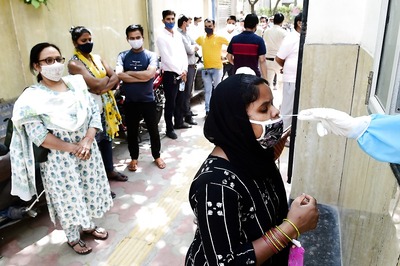
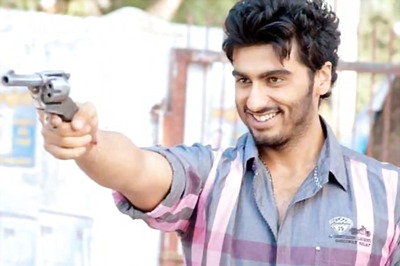
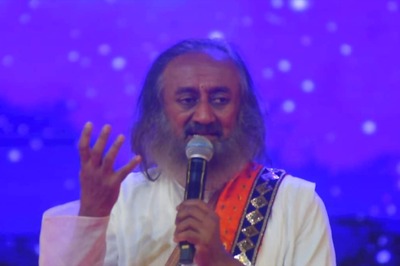
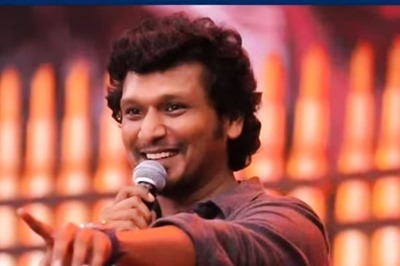



Comments
0 comment